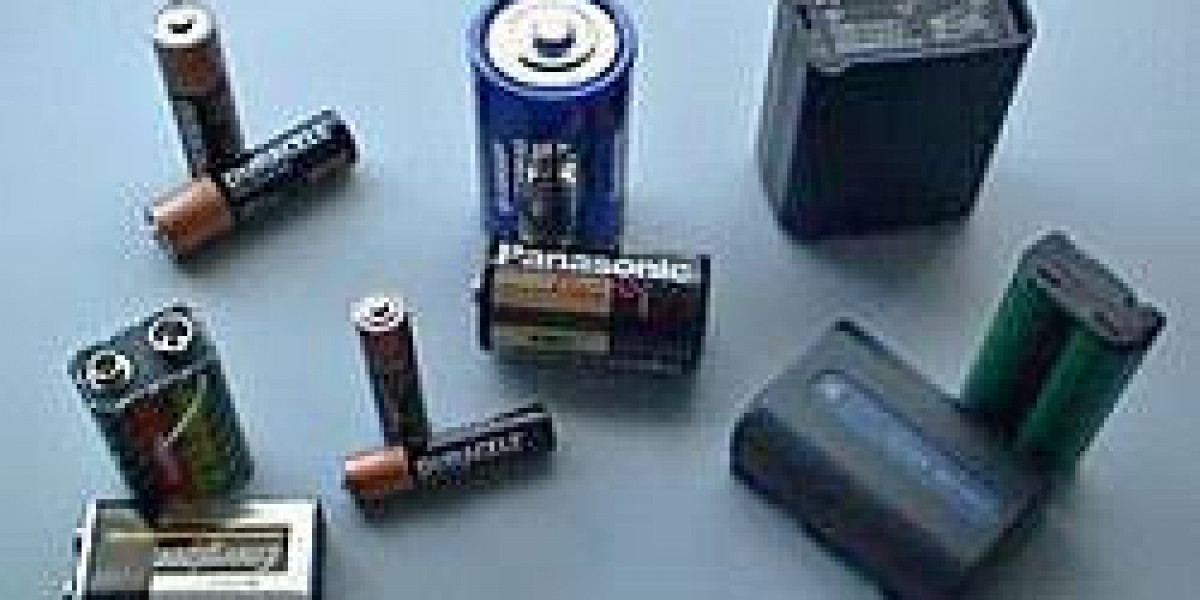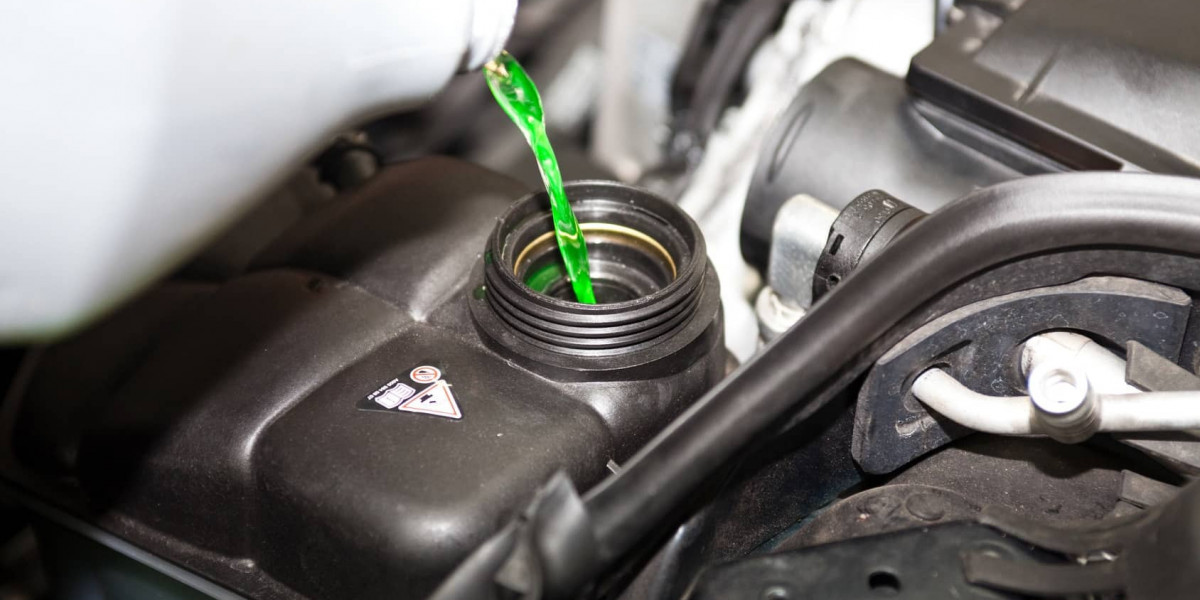In today’s world, batteries have become an essential part of daily life, powering everything from smartphones, laptops, and electric vehicles to industrial equipment, renewable energy systems, and electric forklifts. At the heart of this energy-driven revolution are battery manufacturers—companies that design, produce, and innovate battery technologies to meet the increasing demand for reliable, efficient, and sustainable power solutions.
Battery manufacturers play a crucial role in shaping the future of energy storage, as they not only provide power but also drive advancements in energy efficiency, environmental sustainability, and safety. Understanding the landscape of battery manufacturing, the technologies involved, and the challenges these companies face is key for consumers, businesses, and industries alike.
What Do Battery Manufacturers Do?
Battery manufacturers are responsible for producing a wide range of batteries for different applications. Their work involves:
Research and Development (R&D) – Innovating new chemistries, increasing energy density, improving lifespan, and enhancing safety features.
Production and Assembly – Manufacturing battery cells, assembling packs, and integrating battery management systems (BMS).
Quality Control – Ensuring batteries meet strict standards for reliability, safety, and performance.
Customization – Providing tailor-made solutions for industries such as automotive, marine, aviation, renewable energy, and consumer electronics.
Sustainability Initiatives – Recycling, reducing carbon footprint, and developing environmentally-friendly chemistries like lithium iron phosphate (LiFePO4).
Battery manufacturers are essential in bridging the gap between energy storage technology and practical applications in daily life and industry.
Types of Batteries Produced by Manufacturers
Battery manufacturers produce batteries in a variety of chemistries and designs depending on application needs:
1. Lead-Acid Batteries
Traditional and widely used in automotive, forklifts, and backup power systems.
Pros: Low cost, proven reliability.
Cons: Heavy, limited cycle life, require maintenance.
2. Lithium-Ion Batteries
Modern, high-efficiency batteries used in electric vehicles, renewable energy storage, and consumer electronics.
Pros: Lightweight, long lifespan, fast charging, high energy density.
Cons: Higher upfront cost, require careful thermal management.
3. Nickel-Metal Hydride (NiMH) Batteries
Used in hybrid vehicles and some consumer electronics.
Pros: Reliable, safer than lithium.
Cons: Lower energy density and slower charging.
4. Lithium Iron Phosphate (LiFePO4) Batteries
Popular in electric vehicles, solar energy systems, and marine applications.
Pros: Extremely safe, long lifespan, environmentally friendly.
Cons: Slightly lower energy density than traditional lithium-ion.
5. Specialty Batteries
Industrial applications such as uninterruptible power supplies (UPS), drones, medical equipment, and military applications.
Highly customized for specific voltage, size, and performance requirements.
Key Responsibilities of Battery Manufacturers
Battery manufacturers do more than just assemble batteries—they ensure that every unit meets performance standards and safety regulations. Key responsibilities include:
Ensuring Safety – Batteries can pose fire, chemical, or electrical hazards. Manufacturers implement strict testing and quality control measures.
Maximizing Performance – Achieving high energy density, stable voltage, long life cycles, and consistent power output.
Sustainability Practices – Many manufacturers invest in recycling programs and eco-friendly production to reduce environmental impact.
Technological Innovation – Continuous improvement in materials, manufacturing methods, and battery management systems (BMS) to deliver advanced solutions.
Customer Support – Providing guidance, installation assistance, and troubleshooting to ensure batteries are used efficiently and safely.
Manufacturers are therefore vital for producing high-quality, reliable, and environmentally responsible batteries.
Global Leaders in Battery Manufacturing
Several battery manufacturers are leading the industry by providing innovative, high-performance solutions:
1. Tesla (Gigafactory)
Known for lithium-ion EV batteries.
Focus on energy storage solutions, renewable energy integration, and electric vehicles.
Industry leader in battery technology and production scale.
2. Panasonic
Longstanding manufacturer of lithium-ion batteries.
Supplies EV batteries and consumer electronics globally.
Known for quality, reliability, and innovation in battery chemistry.
3. LG Energy Solution
Produces lithium-ion batteries for EVs, energy storage, and industrial applications.
Emphasizes high energy density and safety features.
4. BYD (China)
Leading Chinese manufacturer of lithium batteries for electric vehicles and industrial use.
Focus on sustainable energy solutions and global expansion.
5. CATL (Contemporary Amperex Technology Co., China)
Large-scale lithium-ion battery manufacturer specializing in EVs and renewable energy storage.
Known for research in long-life and high-performance battery chemistries.
6. Trojan Battery
Renowned for deep-cycle lead-acid batteries used in golf carts, forklifts, solar storage, and marine applications.
Focuses on durability, reliability, and long-term performance.
These trolling motor battery represent the forefront of energy storage technology, shaping the future of electric mobility, industrial power, and renewable energy.
Challenges Facing Battery Manufacturers
Battery manufacturers face several challenges as the demand for energy storage grows:
Raw Material Sourcing – Lithium, cobalt, and nickel supply can be volatile and affect production costs.
Sustainability Pressure – Need for eco-friendly production, recycling programs, and reduced carbon footprint.
Safety Concerns – Batteries must meet strict safety standards to prevent fires, leaks, and explosions.
Technological Competition – Manufacturers must innovate constantly to stay ahead in energy density, longevity, and efficiency.
Global Market Fluctuations – Demand in EVs, renewable energy, and electronics can impact production planning.
Despite these challenges, manufacturers continue to invest in R&D and new technologies to meet growing energy storage demands.
The Future of Battery Manufacturing
Battery manufacturers are at the center of the energy revolution. Future trends include:
Solid-State Batteries – Offering higher energy density, improved safety, and longer lifespan.
Recycling and Circular Economy – Recovering raw materials from used batteries to reduce waste.
Smart Batteries – Integrated BMS for monitoring health, performance, and predictive maintenance.
Advanced Lithium Chemistries – Enhanced LiFePO4, lithium-nickel-cobalt-aluminum (NCA), and other chemistries for EVs and grid storage.
Decentralized Production – Regional manufacturing facilities to meet local demand and reduce logistics costs.
As industries worldwide embrace electrification and renewable energy, battery manufacturers will continue to be pivotal in powering sustainable growth.
Conclusion
Battery manufacturers are more than just producers of energy—they are innovators, safety engineers, and sustainability pioneers shaping the future of power. From automotive lithium-ion batteries to industrial deep-cycle batteries, they provide the backbone of modern energy solutions.
With rapid technological advancements, increasing demand for electric vehicles, renewable energy integration, and industrial automation, battery manufacturers play a vital role in ensuring reliable, efficient, and eco-friendly energy storage. Selecting batteries from trusted manufacturers ensures safety, long life, and optimal performance, whether for personal use, commercial applications, or large-scale industrial operations.








